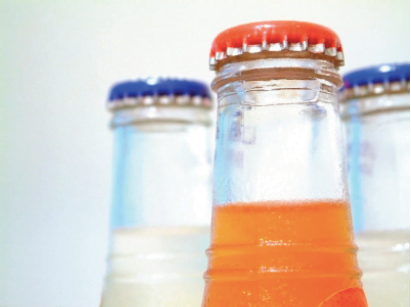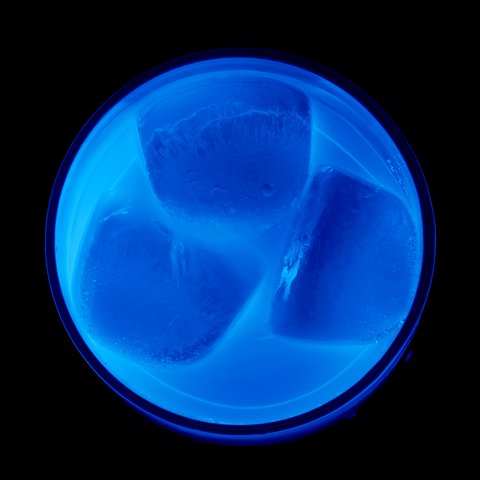Demonstrate Why the Oceans are Warming More Slowly Than the Atmosphere
Experiment based on that developed by NASA
Equipment
- round party balloons
- a lighter or lit candle
- bottle of water
- bucket or bowl
Please wear safety goggles when doing this experiment.
Method
- Blow up a balloon and tie it. The air-filled balloon represents Earth’s atmosphere. Hold it by the knot.
- Make sure all spectators are at least 1m away from you.
- Light the lighter – the flame represents the heat from the sun. Hold the flame close to the balloon, at a safe distance from where you are holding the balloon.
- As soon as the flame touches the balloon, the balloon will pop.
- Now make a water balloon. When filling the balloon with the bottle, try to remove any air bubbles (which could cause the balloon to pop prematurely). This balloon represents the Earth’s oceans. Hold the balloon by the knot, over the bucket.
- Now hold the flame close to the balloon, at a safe distance from where you are holding the balloon.
- Depending on the size of the balloon, the quality and thickness of the rubber, and the presence of any air bubbles, the water-filled balloon should last more than one minute with the flame on it.
- Eventually the balloon will pop, so position the bucket to catch the water.
How does this relate to the oceans and atmosphere?
This demonstration illustrates how Earth’s oceans are absorbing a great deal of the excess heat in the climate system as the Earth’s climate changes – about 80 to 90%.
As the heat capacity of water is much higher than that of the atmosphere, the temperature of the oceans isn’t changing as much as the atmosphere.
In exactly the same way, the flame took much longer to heat the water filled balloon to the point where the balloon melted.
Where can I Find Out More?
More from NASA



